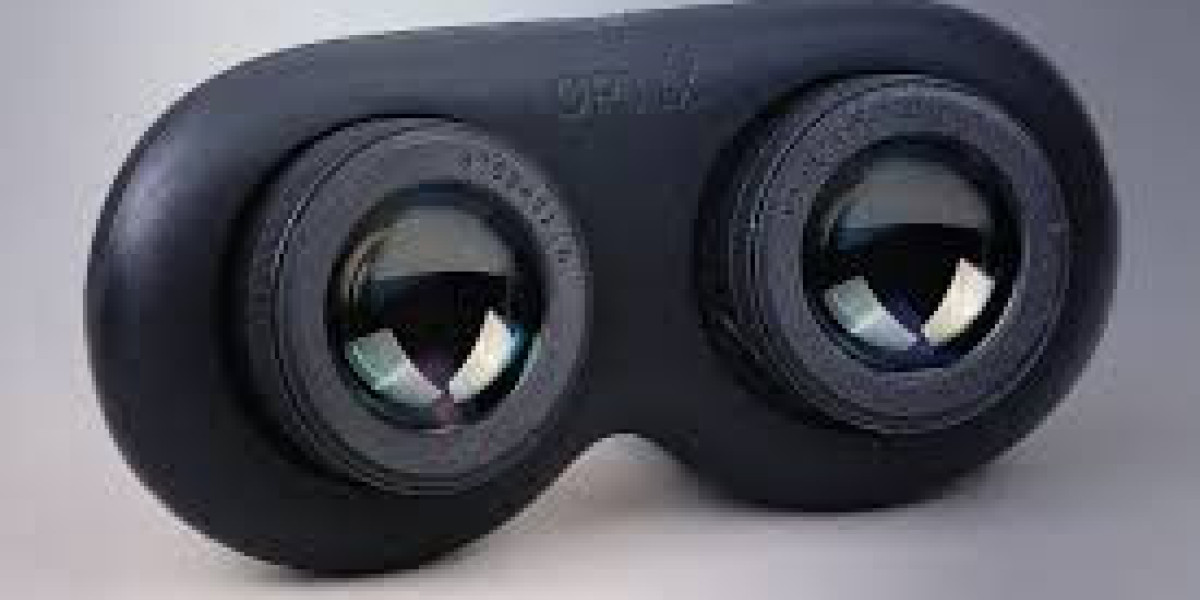The Pancake optical module is a compact lens system designed to make AR (Augmented Reality) and VR (Virtual Reality) headsets lighter and more comfortable. Its name comes from its flat, “pancake-like” structure, which helps reduce the overall size of head-mounted displays without sacrificing image clarity.
In this article, I will explain how a Pancake optical module works, its unique advantages, and where it is most commonly used.
What Is a Pancake Optical Module?
A Pancake optical module uses a folded optical path. This means light from the display bounces multiple times between specially coated lenses before reaching the eye. This design shortens the distance between the display and the lens, allowing for a thinner headset.
How It Works
The module typically includes polarization-based optics. Light enters, gets reflected, and passes through lenses in a way that maintains clarity and color accuracy. The folding path also minimizes distortion, giving users a more natural viewing experience.
Key Advantages
Ultra-thin design – Enables smaller, lighter headsets.
Improved comfort – Reduces front weight for better balance.
Enhanced image quality – Maintains sharpness despite compact form.
Ideal for portability – Works well in foldable or travel-friendly AR/VR gear.
Applications
Portable VR headsets – Lightweight and easy to wear for longer sessions.
Mixed Reality devices – For seamless blending of real and digital visuals.
AR smart glasses – Compact size perfect for everyday wearable tech.
Conclusion
The Pancake optical module is reshaping AR/VR design by allowing slimmer, lighter, and more comfortable devices without losing visual performance. To see the latest options, explore our Pancake optical modules for your next headset innovation.








